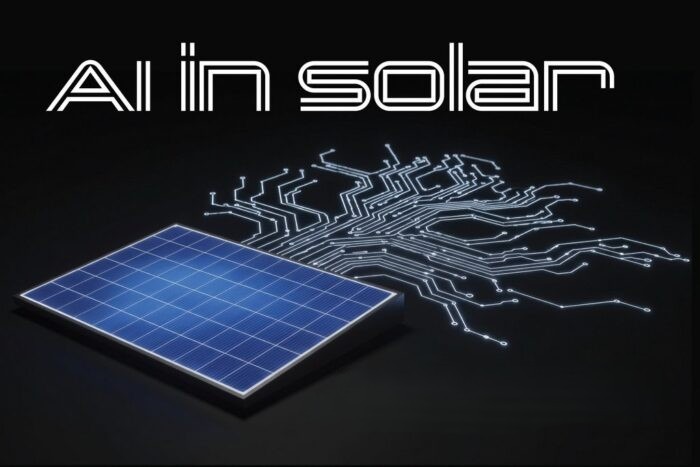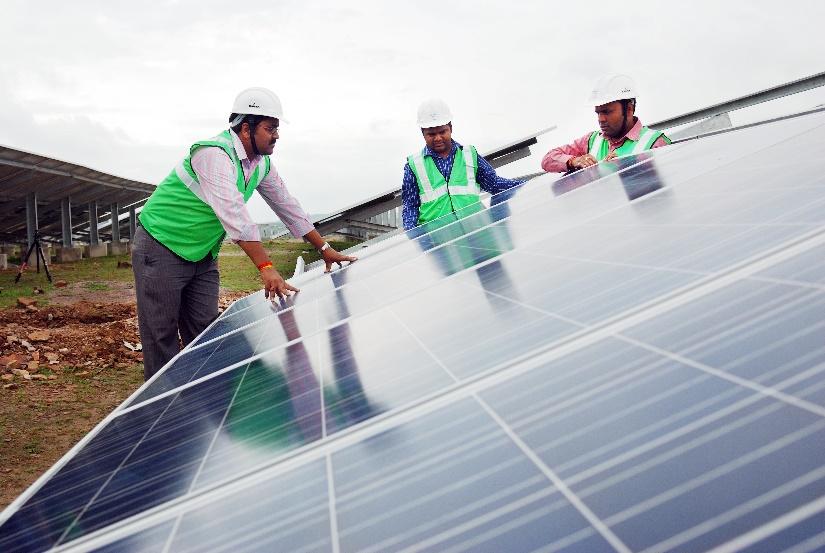The solar industry is evolving faster than ever — and with rapid growth comes increasing complexity. Managing leads, designing systems, monitoring installations, and maintaining customer relationships can overwhelm even the most experienced solar businesses.
That’s where AI-driven automation steps in. By integrating artificial intelligence (AI) and automation tools into daily operations, solar companies can streamline workflows, cut costs, and enhance customer satisfaction — all while scaling efficiently.
Why Solar Businesses Need Automation:
The demand for solar energy is skyrocketing worldwide. However, with more customers and competition, manual processes can slow down operations and lead to errors.
Here are some challenges solar companies often face:
• Tracking thousands of leads manually
• Designing custom solar systems for each project
• Managing field teams and installations
• Handling maintenance requests efficiently
• Ensuring accurate quotes and financing options
Automation solves these problems by enabling smarter, faster, and data-driven decision-making.
The Role of AI in Solar Business Automation:
Artificial Intelligence is more than just a buzzword — it’s a practical tool that helps optimize every stage of a solar company’s workflow.
Here’s how AI enhances solar operations:
1. Smart Lead Management
AI-powered CRMs can automatically qualify leads based on property size, location, sunlight exposure, and credit score.
Example Tools: HubSpot CRM with AI Insights, Pylon, Solar CRM Pro
Result: Sales teams spend more time on high-potential customers.
2. Automated Solar Design & Proposal Generation
AI tools like Aurora Solar, OpenSolar, and Helioscope can generate instant solar designs and proposals using satellite imagery and local weather data.
• They calculate shading, tilt angles, and energy output in minutes.
• Integration with financial APIs enables instant cost and ROI reports.
3. Predictive Maintenance & Monitoring
AI-based monitoring systems detect potential issues — such as inverter faults or panel degradation — before they impact performance.
• Uses IoT sensors and cloud analytics.
• Alerts technicians in real-time.
4. Automated Customer Support & Communication
AI chatbots and automated email workflows keep customers informed from consultation to installation.
• Handle FAQs, appointment scheduling, and warranty queries 24/7.
• Personalize follow-ups based on customer history.
5. Financial and Project Management Automation
AI tools integrate with accounting and project management software to:
• Generate accurate quotes and invoices automatically.
• Track project timelines and resource allocation.
• Predict financial performance and ROI.
Example Platforms: Monday.com, Zoho Projects, QuickBooks AI, SolarNexus
Real-World Example: Automation in Action
A mid-sized solar installer in California adopted Aurora Solar for design automation and HubSpot CRM for lead tracking. Within six months:
• Proposal time dropped from 2 days to 2 hours
• Lead conversion increased by 35%
• Customer satisfaction rose due to faster updates and transparent progress tracking
This shows how digital transformation, powered by AI, directly improves efficiency and profitability.
Conclusion:
Automation and AI are redefining how solar companies operate. By embracing digital tools for design, sales, support, and maintenance, businesses can save time, reduce costs, and scale sustainably.
In an industry built on innovation, AI isn’t replacing human expertise — it’s amplifying it. The future of solar belongs to those who automate intelligently and adapt swiftly.




